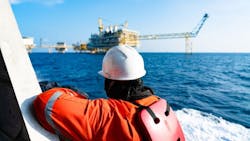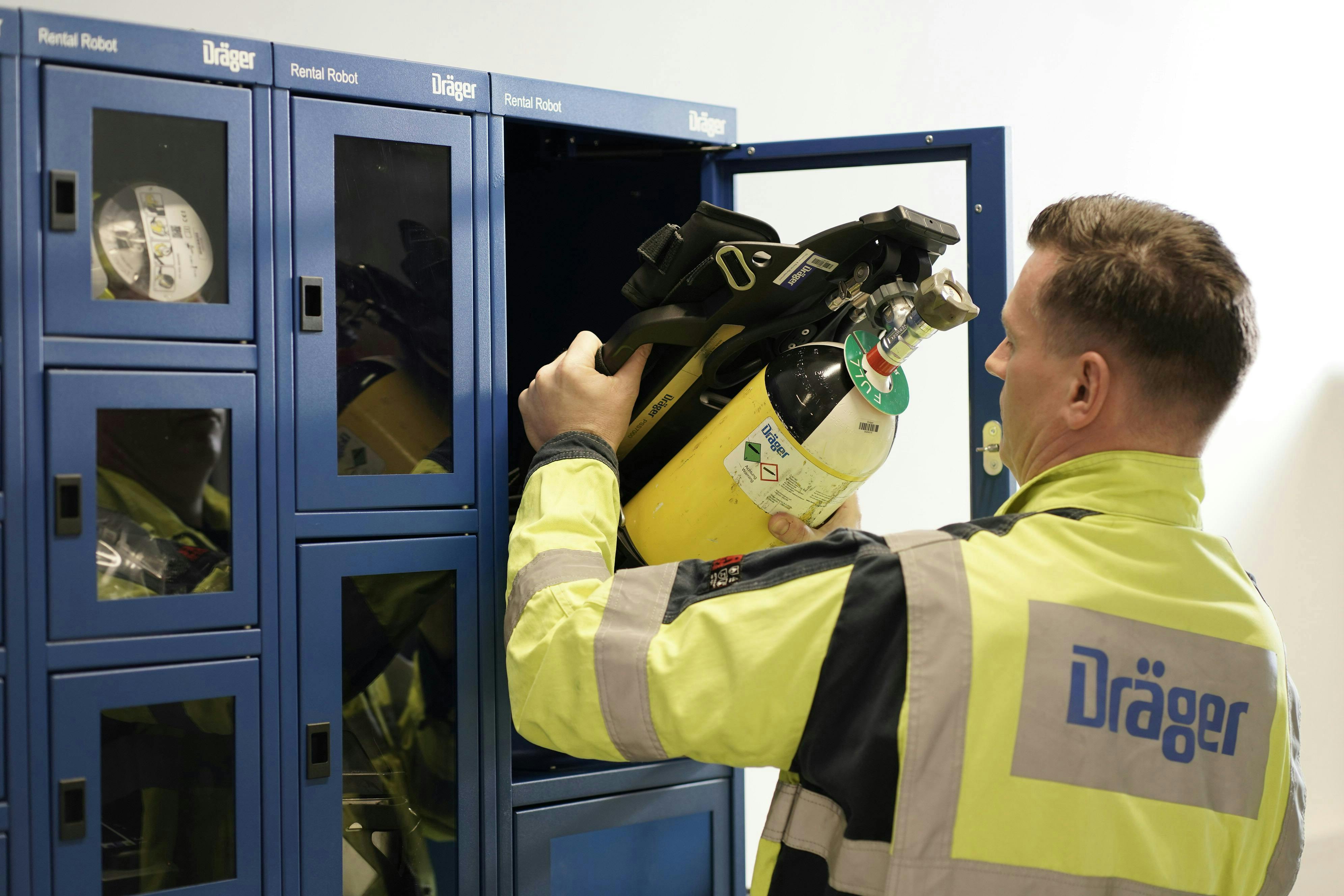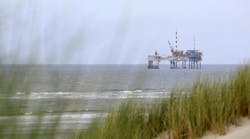Offshore Europe 2025 op-ed: Safety must not be the price of progress in offshore energy
Key Highlights
- Despite outperforming other sectors in safety, energy faces financial and technological pressures that could compromise health and safety standards.
- Advancements in AI and real-time data are seen as key tools in reducing accidents and improving safety standards in the sector.
- Industry stakeholders must collaborate to set higher safety standards, ensuring human life remains the top priority over operational or reputational risks.
By Craig Morrison, Dräger Marine & Offshore
It’s that time again. Offshore Europe 2025, the biennial conference dedicated to advancing the offshore energy sector, is back in Aberdeen, drawing tens of thousands of industry professionals to the Granite City.
In a world increasingly shaped by volatility, Offshore Europe 2025 will arguably be the most important iteration in a generation, as the industry continues to grapple with geopolitical tensions and legislative shifts, all while trying to deliver a transition in a shrinking window.
These are legitimate challenges, but they must never detract from the industry’s duty of care. Safety cannot be the collateral damage of fiscal or political change, but given the plethora of other talking points, its criticality has felt somewhat diminished recently.
It is when eyes are taken off the ball that the need for the industry to reinforce its collective commitment to maintaining the highest standards becomes all the more urgent.
Risks hindering HSE efforts
Events like Offshore Europe 2025 provide an essential space for the industry to reevaluate its approach to health and safety, with technical exhibitions, strategic dialogues and, most crucially of all, reality checks.
Dräger’s most recent Safety & Health at Work Report found that while the energy sector is outperforming other sectors in workplace safety, looming financial constraints and evolving technologies could test its resilience.
Specifically, one-third of workers are concerned that cost pressures, specifically national insurance hikes, could lead to compromises on health and safety purchases.
As well as being statistics, these findings are signals that when the system is under strain, fears about complacency risks creeping in heighten. Nobody in the energy industry needs any reminders of what can happen when we take safety for granted.
A false sense of security is among the biggest risk to workers, and regulations are only effective when paired with a proactive culture that relentlessly pursues safety improvements, not just compliance.
Only time will tell what legacy is left by Offshore Europe 2025, but if it is a catalyst for continued action and renewed focus on ensuring those who work in the North Sea keeping our lights on and homes warm return home at the end of their rotation, then the whole event will have been worthwhile.
Achieving this will require more than identifying emerging risks—such as aging infrastructure, extreme weather events or evolving cyber-physical threats—but embedding the agility and resilience to respond to them before they escalate.
Data from Dräger’s report shows that energy leads adoption on artificial intelligence (AI). The sector has a higher awareness (49%) of the technology’s role in safety than other industries, with 64% confident it will help to reduce accidents by flagging risks early.
Building a proactive safety culture
Safety is an evolving system and an ethos that is important in every workplace but takes on an added criticality when your office is the North Sea. It is not a box to be ticked.
By combining cutting-edge equipment, rigorous training, real-time data and a culture that prioritizes every individual's well-being, companies can make sure they are going above and beyond. When systems, people and processes are aligned, we move from reactive to proactive, from incident response to incident prevention.
This holistic approach is critical if we are to confront the issues of today as well as the challenges of the future. As the energy transition progresses and we encounter more unknowns, we need new thinking. From operators and supply chain partners to regulators, everyone must play their part in setting a higher bar for safety.
What is the consequence of failure? Operational downtime and reputational risk can be recaptured; human life cannot. That is something this industry, and events like Offshore Europe, must never lose sight of.
The SPE Offshore Europe Conference and Exhibition is taking place this week in Aberdeen, Scotland. Dräger Marine & Offshore's Craig Morrison is attending the event.
Exclusive content:
About the Author
Craig Morrison
Craig Morrison is an offshore team manager with Dräger’s Marine and Offshore division based in Aberdeen. He began his journey at Dräger as a service engineer in August 2015 and was promoted to his current role in June 2025. With over 12 years’ experience in his field and a degree in mechanical engineering, he provides onshore and offshore servicing of a wide range of safety equipment for North Sea operators.


